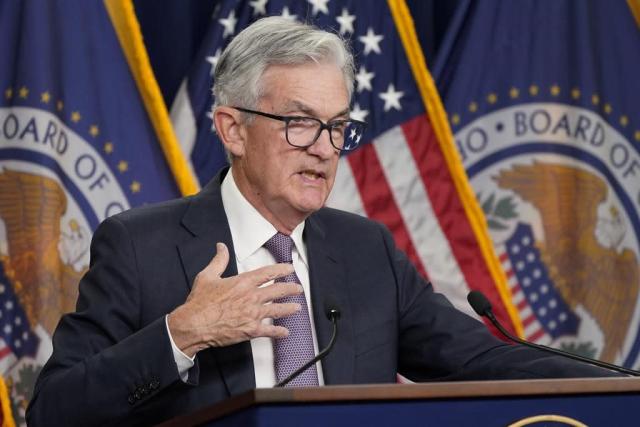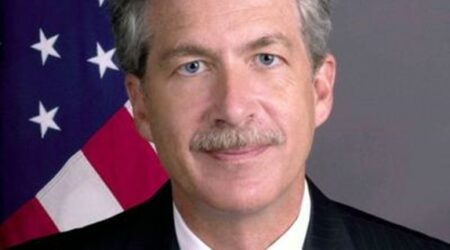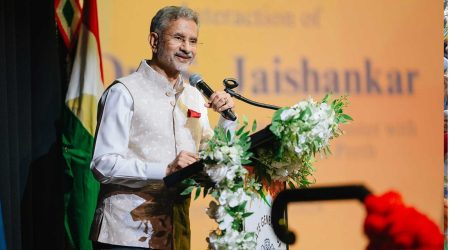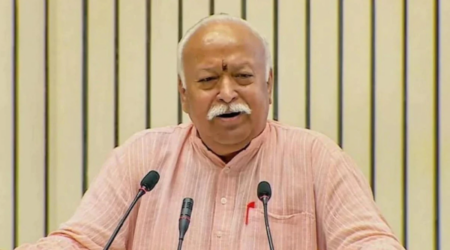Washington DC: The Federal Reserve delivered its bluntest reckoning Wednesday of what it will take to finally tame painfully high inflation: Slower growth, higher unemployment, and potentially a recession.
Speaking at a news conference, Chair Jerome Powell acknowledged what many economists have been saying for months: That the Fed’s goal of engineering a “soft landing” — in which it would manage to slow growth enough to curb inflation but not so much as to cause a recession — looks increasingly unlikely.
“The chances of a soft landing,” Powell said, “are likely to diminish” as the Fed steadily raises borrowing costs to slow the worst streak of inflation in four decades. “No one knows whether this process will lead to a recession or, if so, how significant that recession would be.”
Before the Fed’s policymakers would consider halting their rate hikes, he said, they would have to see continued slow growth, a “modest” increase in unemployment, and “clear evidence” that inflation is moving back down to their 2 percent target.
“We have got to get inflation behind us,” Powell said. “I wish there were a painless way to do that. There isn’t.”
Powell’s remarks followed another substantial three-quarter of a point rate hike — its third straight — by the Fed’s policymaking committee. Its latest action brought the Fed’s key short-term rate, which affects many consumer and business loans, to 3 to 3.25 percent. That’s its highest level since early 2008.
Fed officials now foresee the economy expanding just 0.2 percent this year, sharply lower than their forecast of 1.7 percent growth just three months ago. And they envision sluggish growth below 2 percent from 2023 through 2025. Even with the steep rate hikes, the Fed foresees, it still expects core inflation — which excludes volatile food and gas costs — to be 3.1 percent at the end of 2023, well above its 2 percent target.












